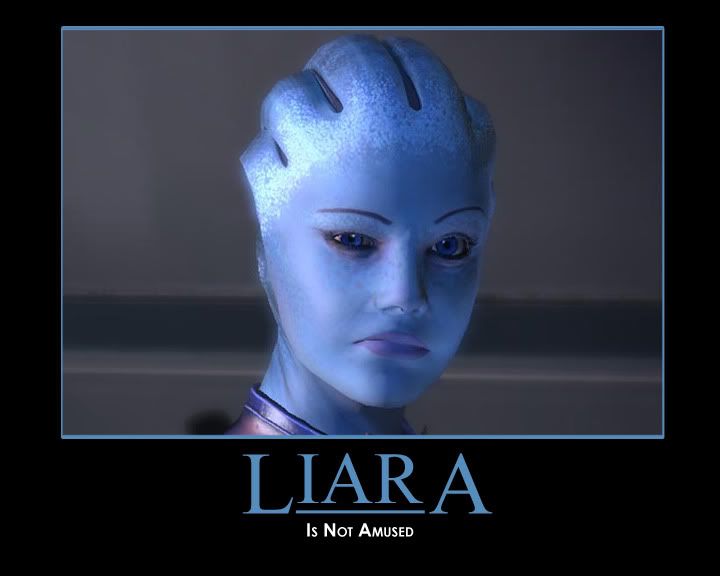(This is the introduction to an ongoing series of articles concerning the question of the what qualities we look for in video games and whether those qualities, when found in games, actually make them good and worth playing. These are the closest things I will ever do in this column to reviews.)
Remember when I said that I was going to write about the games in the Humble Indie Bundle that I had downloaded a few months ago? Of course you do, because you are a faithful and loyal reader, and I love you very much. Well I have made it through a couple of them so far (I know it's taking me a while but give me a break. I'm busy) and I have come to somewhat of a realization. Some of these indie games aren't actually games at all. And if they aren't games, then what about the games I play on my consoles? Are they games?Based on this massive existential quandary in which I am now finding myself, I have been inspired to go through the games I am playing and the games I will play to determine if they do indeed count as video games.
To clarify, here is what I believe a video game to be: obviously there are certain technical criteria that must be met. As the very term implies, video games should be visual. There must be some kind of graphical representation of the events that take place. One notable example where this is not the case is the Xbox Live Indie game In the Pit which removes graphics from the equation completely and forces the player to navigate the world using only his or her sense of hearing. It was an interesting experience to try and solve the puzzles that way but to call it a video game would be equivalent to referring to a radio drama as a movie.
Another aspect that a video game requires to be considered a video game is a player. We play video games. The conduit through which we do it might change; it might be a physical interface device like a mouse and keyboard or a console controller or it might be a non physical, highly sophisticated technology that measures your body's presence within a three-dimensional space. But whatever the means there is a person or people who have a certain degree of control over the events within the game. Otherwise you are merely watching events unfold. There is a sub-debate about whether gamers actually have any agency in video games and to what degree games are actually interactive, but the point is that nothing happens in a video game without the player instigating it. Every art form requires that initial investment of interest by the audience. You need to press the play button for a movie, you need to start reading a book, and you need to stand in front of a painting and look at it. The difference between all of those media and video games is that in gaming the audience/player is required to perform actions to keep the game moving along. If you let a movie continue to play, or close a book, or walk away from a painting, each work will still exist and continue to tell its story on its own with no input. If you stop playing a game, the game does not go on. At best, one could say that the game's AI will carry on its duties, but once the character in the game dies, the "game over" screen comes up and it never gets to conclude. Games need active participants.
Now this is where things get a little hazy. Video games must give the player something to aim for and a reason to do so. This is a weird, abstract concept that I, even after some twenty-odd years of playing video games do not fully grasp. It might come in the form of a cheap, phoned-in narrative story, it might be the quest to fully level up an RPG character, or it might be the chase for the top slot on the high scores list. Whatever it is, it is all tied into each game's particular systems. Look at some of the games from the earliest consoles. Know one cares about the story behind Mega Man. That's not why people play it. People play it for the challenge of going after some difficult enemies and bosses. They play it because there is a level of pride and satisfaction they achieve by upgrading their skills and weapons and a further sense of awe when they see how big the explosions they can create are. Go back even further to something like Asteroids. Asteroids is a brilliant and perfectly legitimate video game. Yet there is no story behind it. There are no characters. The graphics are rudimentary at best and there is barely any sound. The systems are simple, but at the same time compelling. Shoot things and avoid getting hit by them.
All of these qualities are required for crafting a game. There are certain recipes that can be followed as well, and developers who do not create good recipes will not create good games. There are different recipes that use the same ingredients that cook delicious and unique dishes, just as there are different ways to combine visuals, player agency, and systems/purpose to create delicious and unique games. Bearing all that in mind, in future posts, I will be embarking upon a quest analyzing the elements of various games. If that is indeed what they can be called.
Until next time, happy gaming.












